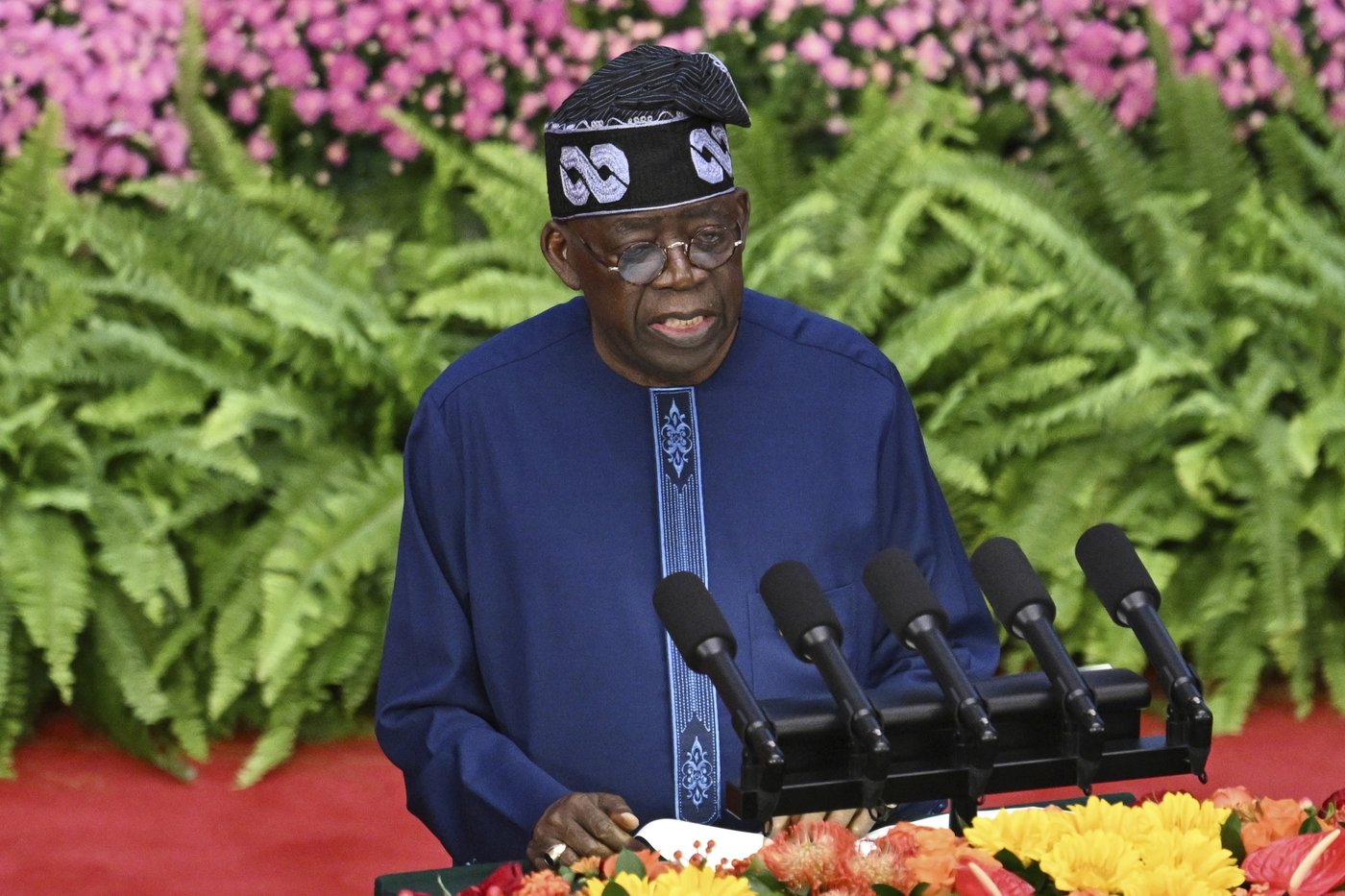
Nigeria lifts emergency rule in Rivers State after 6 months of political crisis
ABUJA, Nigeria (AP) — Nigeria’s president lifted emergency rule and removed the suspension of a state governor and lawmakers in oil-rich Rivers State on Wednesday after six months of emergency rule in response to a protracted political crisis and oil pipeline vandalism, according to a statement on social media.
The choice to impose emergency rule was meant “to arrest the drift toward anarchy in Rivers State,” said President Bola Tinubu in a statement defending the choice.
“This is undoubtedly a welcome development for me and a remarkable achievement for us. I therefore do not see why the state of emergency should exist a day longer than the six months I had pronounced at the beginning of it,” he said.
The crisis in the southern oil-producing region of Rivers State began after a political confrontation between incumbent Gov. Siminalayi Fubara and state lawmakers. Some lawmakers attempted to impeach Fubara, accusing him of illegally presenting the state budget and altering the composition of the legislature. Fubara has denied these accusations.
The oil-producing region of Nigeria has seen militant attacks targeting oil pipelines for years.
During the period of emergency rule, Nigeria’s retired former navy chief Vice Admiral Ibokette Ibas, ruled the state.
The Nigerian constitution allows emergency rule to maintain law and order in rare circumstances.
The last emergency in Nigeria was declared under President Goodluck Jonathan in 2013, in the northeastern states of Adamawa, Borno and Yobe during the height of the Boko Haram insurgency. However, the state governors were not suspended then.
Join the Conversation!
Want to share your thoughts, add context, or connect with others in your community?
You must be logged in to post a comment.


















